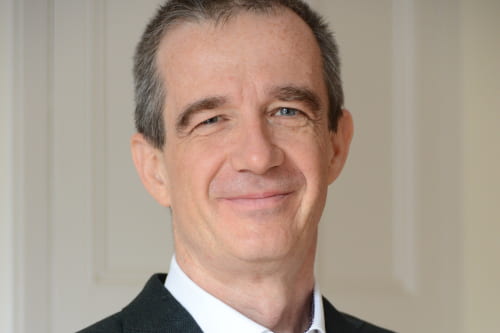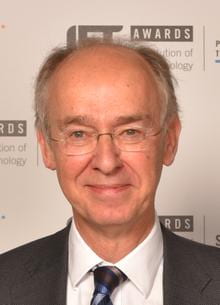Date: April 14, 2021
Please continue to check back in the coming weeks as this event is part of a series. All information and registration for the three webinars can be found on https://webinars.on24.com/theIET/HighFrequency?partnerref=Committee
Jointly organised by the IET PEMD Technical Network and UK Centre for Power Electronics.
The fast switching speed, higher switching frequency of wide-bandgap (SiC, GaN) power devices have brought in clear opportunities in achieving high-density, higher-efficiency, higher-frequency and highly-integrated motor drives. However, the high frequency switching can also negatively impact electric machines. For example, high dv/dt and high switching frequency can cause increased level of over-voltage at motor terminals and neutral, insulation and bearing degradation and electro-magnetic interference. Under the high dv/dt of SiC drives, motor terminals will see clear over-voltage with much shorter cables than that under Si IGBT motor drives and the voltage stress will mostly drop on the first several turns of the motor windings.
In this webinar series, the impact of high-frequency switching on electric machines will be investigated in terms of high-frequency modelling, high-speed measurement, insulation partial discharge and reliability analysis together with proposed mitigation solutions and experimental validation. An introduction and update on the Future Electrical Machines Manufacturing Hub will also be provided.
This webinar series is suitable for both industrial and academic audience and will provide insight of the opportunities, challenges and solutions of the adoption of wide-bandgap motor drives, in comparison to existing Si based drive systems.
In Part 1, we’ll be joined by two excellent speakers:
Xibo Yuan, University of Bristol – Opportunities, challenges and potential solutions in fast-switching wide-bandgap (WBG) motor drives
Davide Barater, University of Modena and Reggio Emilia, Italy – WBG motor drives with very high voltage gradients: modelling and design solutions.
For more information visit: Impact of High Frequency Switching on Electrical Machines – Part 1 (on24.com)





